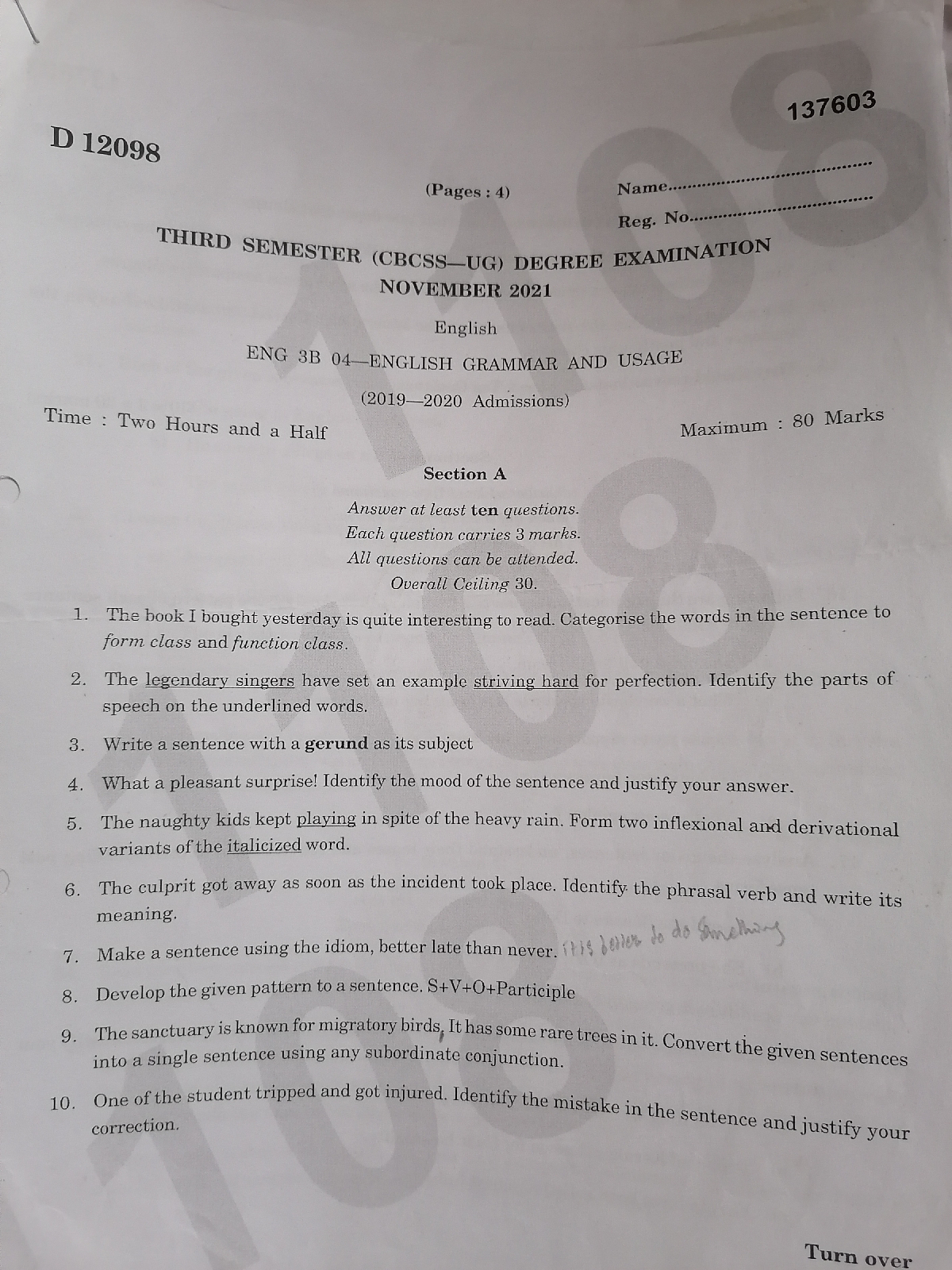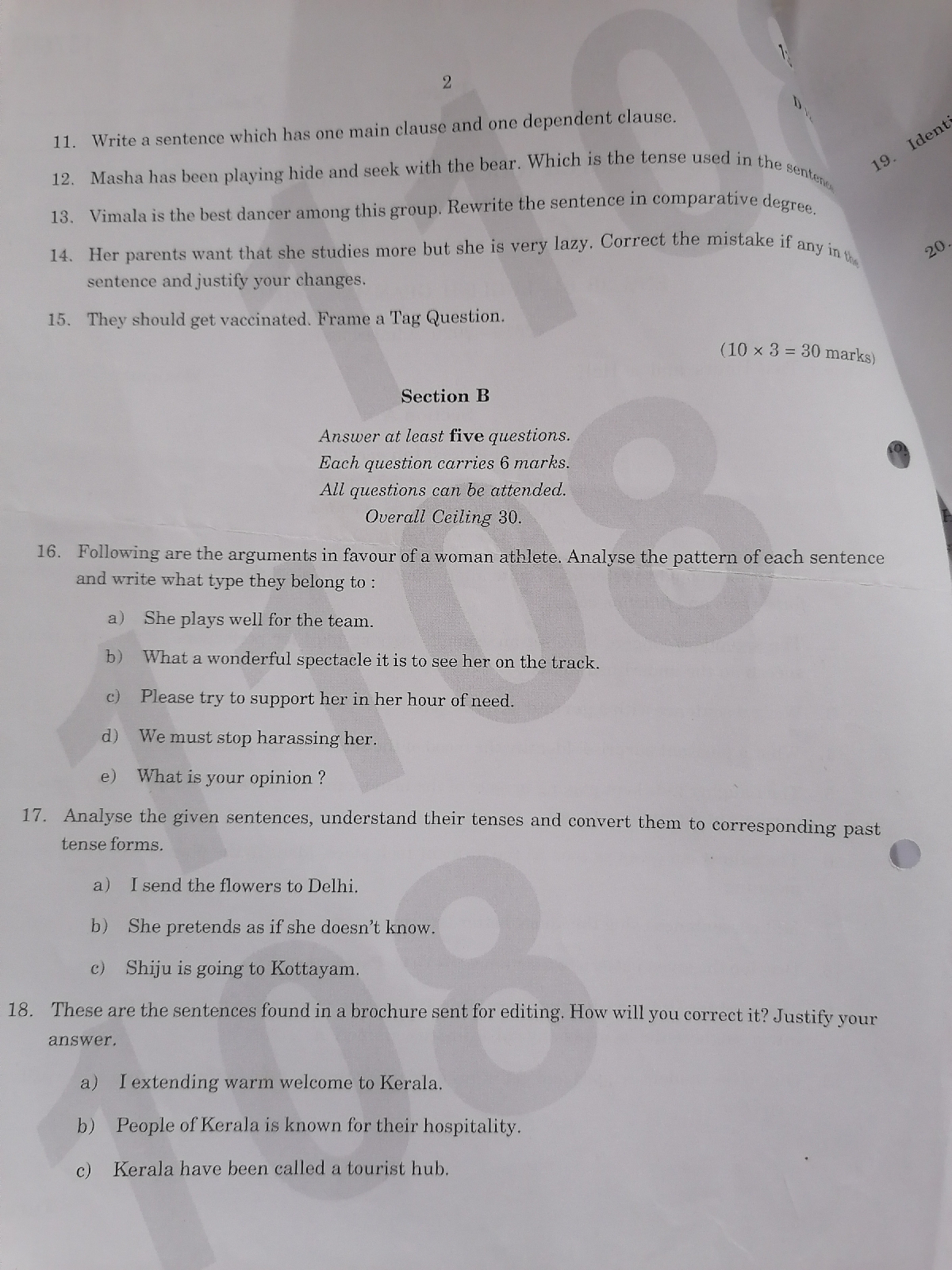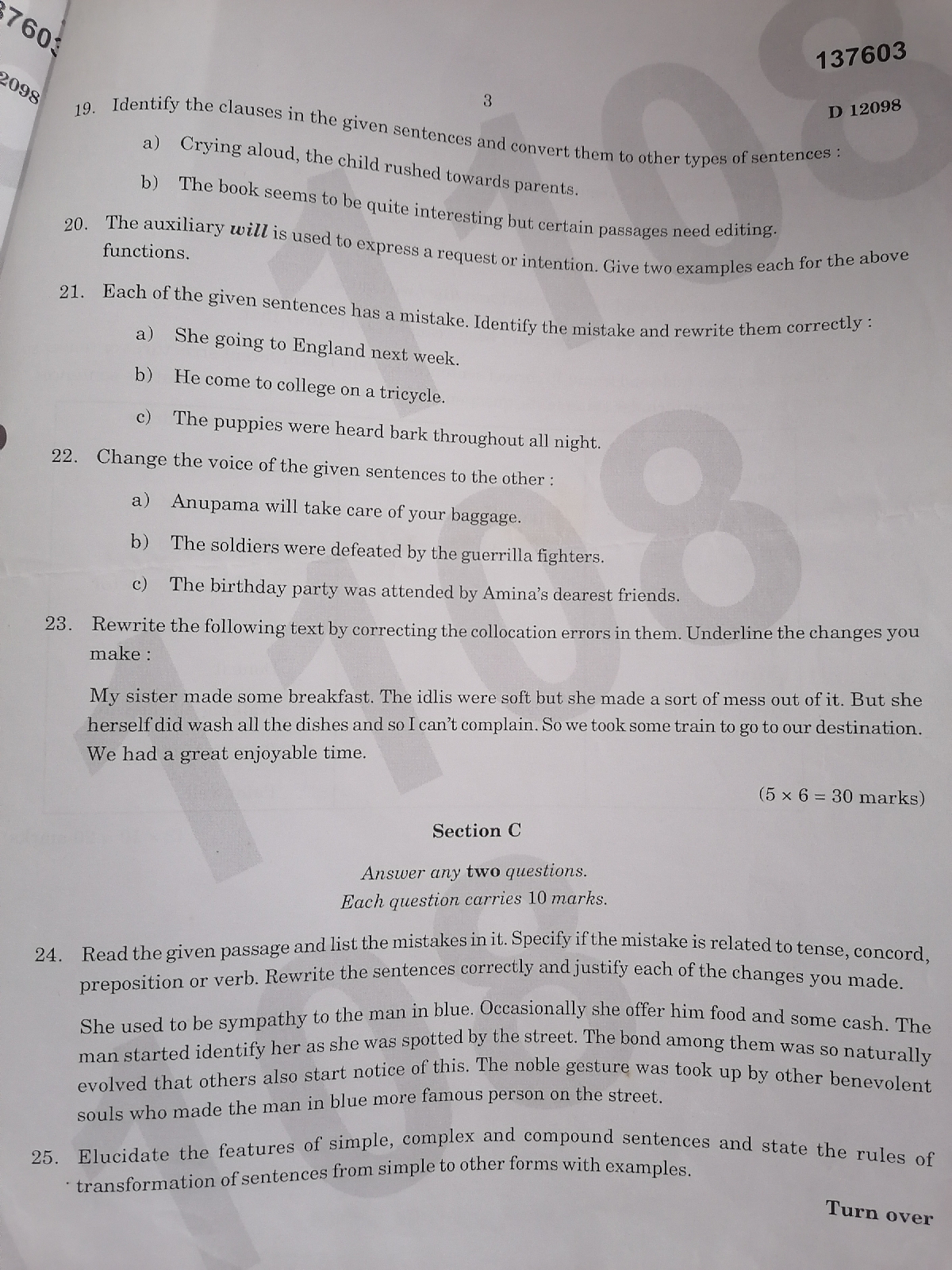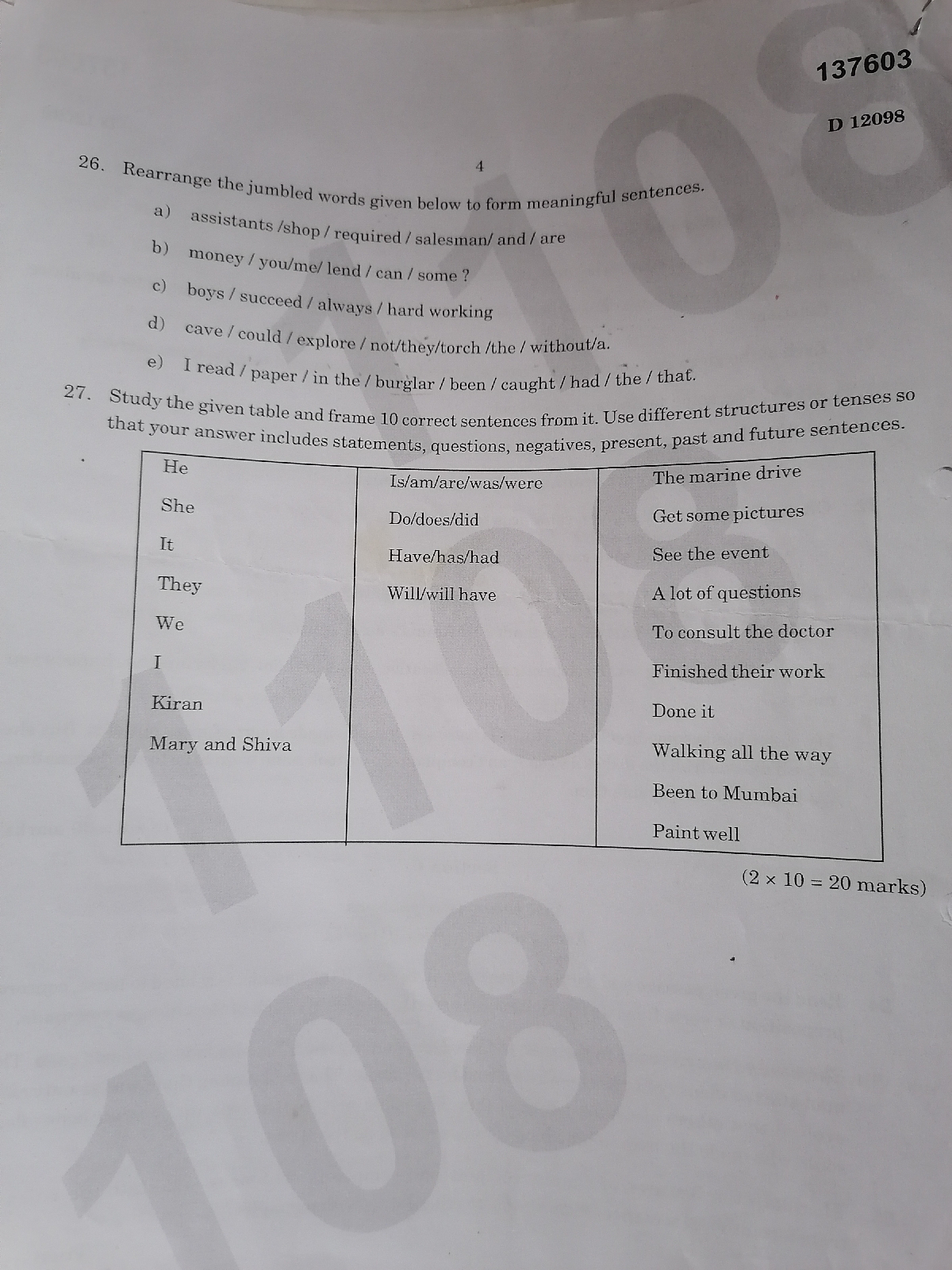Thursday, December 21, 2023
Wednesday, December 20, 2023
Monday, December 4, 2023
Cheryl Glotfelty and Harold Fromm : Ecocritical Reader; Literary Studies at age of environmental Crisis.
Literary Studies at the age of environmental Crisis.
- Cheryl Glotfelty -
How is nature represented in this Sonnet? What is the role of physical setting in this novel? Are the values expressed in a work consistent with ecological wisdom? Do men write about nature differently than woman do? Ecocriticism asks questions like these.
Harold From and Cheryll Glotfelty co edited, The Ecocriticism Reader: Land mark in literary Ecology. A critical Anthology that helped green Studies. Glotfelty is the co- founder and former president of Association for the Study of Literature and Environment( ASLE).
Through the essay, Glotfelty reveals her concerns about physical environment and human relationships with it and addresses the importance of ecocriticism in understanding literature within the context of environmental challenges
At the very beginning of the essay, Cheryl Glotfelty notes that English literary studies are in constant flux. Race, class, gender are the major topics of the 20th century.
On the otherhand news paper reports during the same period mentions oil spills, lead and asbestos poisioning, toxic waste contamination, extinction of species, growing hole in the the ozone layer, prediction of global warming, acid rain, nuclear reactor disaster in chernobyl, illegal dumbing in the East, droughts, floods, hurricanes.... etc
Literary Criticism has not responsed to the events mentioned above. The institution of literary studies was not aware of the environmental crisis. Literary studies do not delve into the issues of environmental concerns. There were no journals, no proffesional societies or discussion groups to talk about literature and environment.
In the eighties, scholars began to undertake collaborative projects in the feild of environmental literary studies. American universities began to include literature courses in their environmental studies and some English department began to offer a minor in environmental literature.
In 1991, MLA organized a special session entitled " Ecocriticism, the Greening of Literary Studies". In 1992, a new Association for the Study of Literature and Environment (ASLE) was formed.
Its mission was " to promote the exchange of ideas and information related to literature that considered environment as the major concern that we have to focus on.
Humanities and the Environmental Crisis
Most ecocritical works share a common motivation. It is the troubling awareness that we have reached the age of environmental limits. "We are there" . Either we change our ways or we face global catastrophe, destroying much belongs and exterminating countless fellow species in our headlong race to apocalypse.
English department cannot work as usual forgetting the looming environmental crisis. " if we are not part of the solution, we are part of the problem".
The big question we are facing is that “how can the English department contribute to the environmental restoration?”
The answer lies in recognizing that the current environmental problems are largely of our own making. It's a by product of culture. Scholars in humanities are finding ways to add an environmental dimension to their respective disciplines.
Future of Ecocriticism
Glotfelty feels that Ecocriticism would redraw the boundaries of literary studies. The future of Ecocriticism likely involves deeper explorations into how literature reflects and shapes our relationships with environment. It will likely continue to evolve as a crucial lens through which we examine human - nature connections and environmental issues within literary texts.
Cheryl Glotfelty and Harold Fromm conclude the essay 'Literary Studies in the Age of Environmental Crisis' with a call to action. They emphasize the necessity of incorporating ecological concern with literary studies. They urge scholars to explore the intersection of literature and environment.
As one family, all beings have equal rights to sustenance through the gifts of the earth. It's three components economy, environment and people, must be in balance to maintain sustainability.
Subscribe to:
Comments (Atom)
-
Aadu Jeevitham By Benyamin Aadu Jeevitham is a Malayalam bestseller written by Benyamin Daniel,in 2008 by Green Book Publicatio...
-
These Were My Homes is the collection of poems written by Vijay Nambisan, Indian poet,critic journalist and translator.In the ...
-
Not an Alphabet in Sight is a Poem translated from Malayalam ' kannunnilorakshraum ' by Poykayil Appachan.The poem is an expression ...








